Mental Health Skills Coaching Program
Evidence-based online mental health skills applied to real life.
Most people don’t fit neatly into a single diagnosis - yet traditional treatments often force them into narrow boxes.
Skills coaching (based on transdiagnostic approaches) changes that. Backed by decades of research, it targets the shared mechanisms driving anxiety, depression, trauma, stress, and emotional dysregulation all in one cohesive set of methods.
Book your Initial Online Assessment or get a free skills guide to start making change today.
-
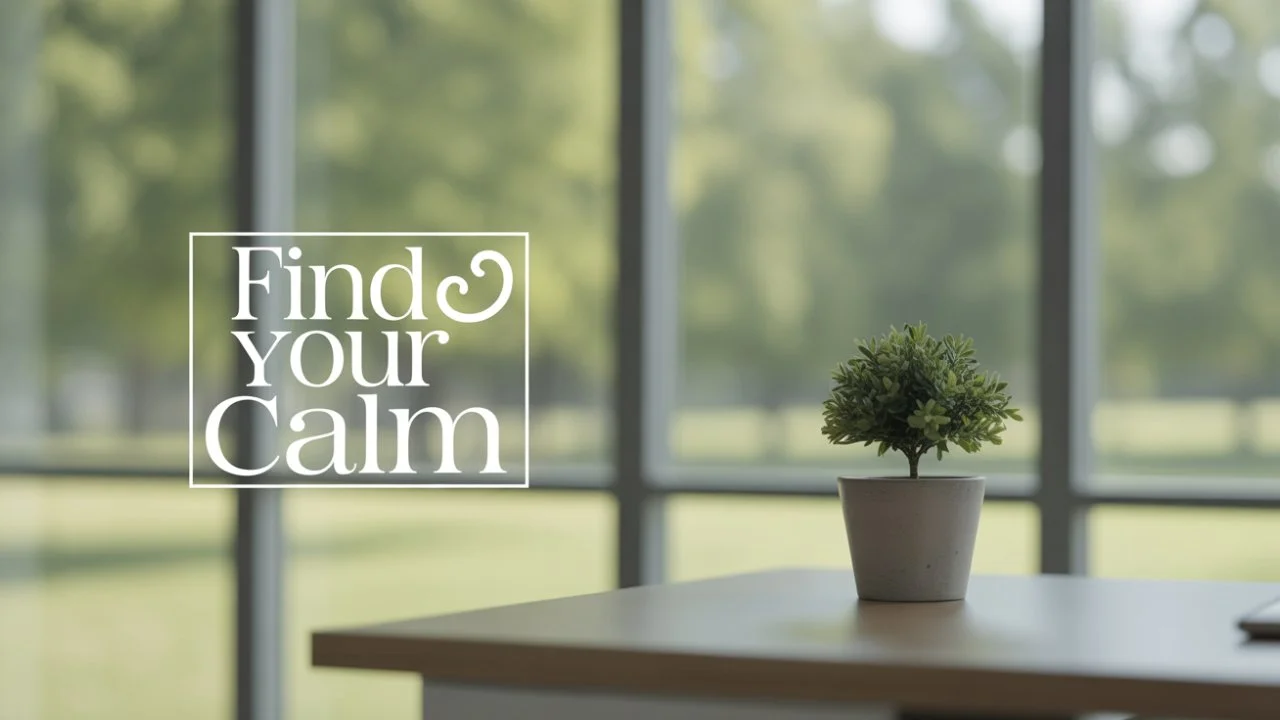
Find Your Calm
Build emotional stability through DBT mindfulness and distress tolerance; learning how to ground and calm both mind and body.
-
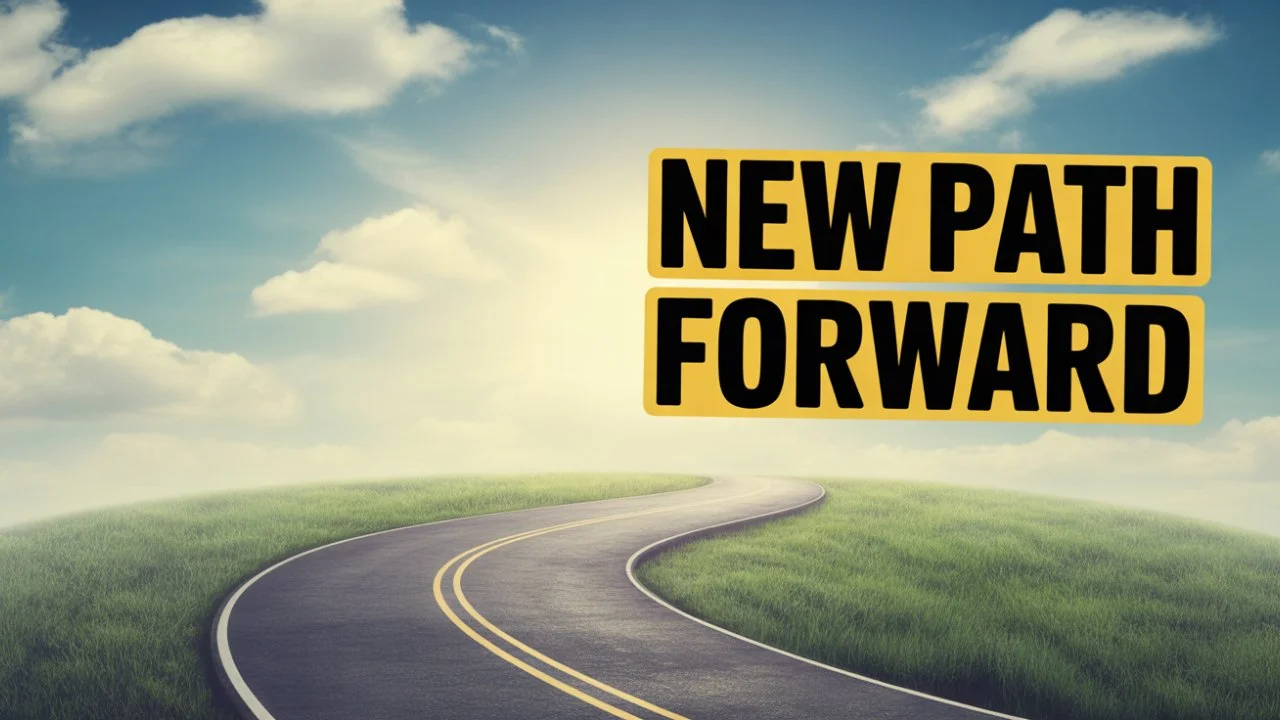
New Path Forward
Use radical acceptance and radical openness from DBT to let go of what you can’t change and move forward aligned with your values.
-

Facing Mental Storms
Learn crisis coping skills to steady yourself during emotional upheaval using DBT distress tolerance techniques like self-soothing and grounding.
-
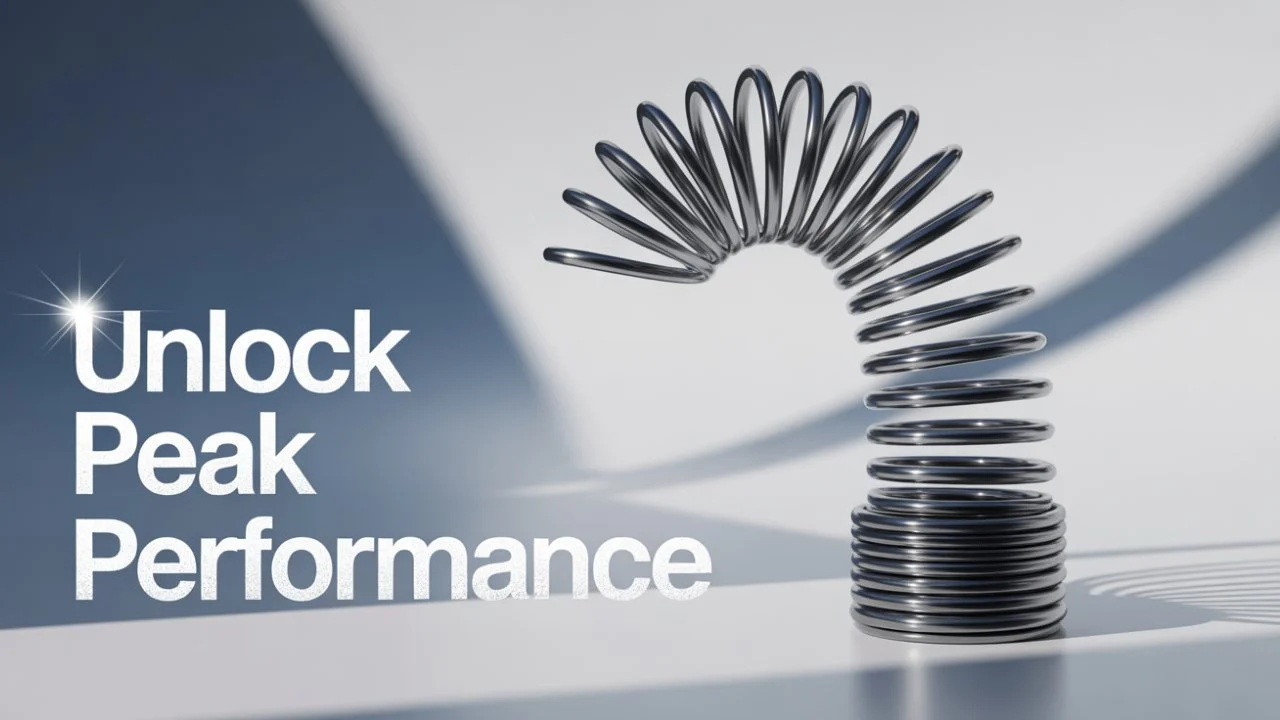
Unlock Peak Performance
Combine DBT effectiveness skills and CBT goal-setting to improve performance, motivation, and mental clarity.
Life can feel hard right now and not for lack of trying.
You’re smart, capable, and maybe even acknowledge you’re successful (at least you know from the outside)…
But inside, you might be feeling:
Burnt out or emotionally drained
Pulled into family drama or partner conflict
Stuck in low mood, poor sleep, or lack of focus
Numb, overwhelmed, or always on
Unsure how to connect to your values, your work, or your people
You’ve probably read the books, listened to the podcasts, maybe even seen a therapist before.
But what you might want now is structure, clarity, and tools that actually can help.

This Is Where Insight Becomes Action.
Our programs are designed by a registered mental health professional using evidence standards in care and current research in cognitive psychology.
What are DBT Skills?
Dialectical Behaviour Therapy (DBT) is a type of cognitive behavioural therapy. The skills are like a toolbox for your mental health. Instead of focusing only on a particular diagnosis such as anxiety, depression, or trauma (PTSD), DBT skills are a set of practical, everyday approaches that might help with any potential life problem. Whilst not all skills work in all situations, after learning these approaches, many of the fundamentals may apply to most challenges.
Why DBT Skills Work Across Conditions
Most mental health struggles share common challenges: intense and dysregulated emotions, poor coping, feeling bad, drinking or addiction, making poor choices, feeling hopeless or stuck and generally not tackling life effectively. These approaches can be applied to most situations. They are grounded in philosophy as well as modern cognitive-behavioural psychology.
General First, Specific Next
There are many different ways to approach mental health. In this framework, specific core skills are learned, integrated and then generalised to more specific personal issues. As an example, if you want to learn to play a sport, you wouldn’t zone in the exact techniques of a single element of that sport. In other words, children learning to play soccer run around and kick the ball, they don’t initially practice details of how to kick and score goals on the right top shelf of the goal.
Even in mental health care settings, many people may have done years of therapy and still not done systematic skills training. In many instances, the context has been lost in situational crises and problem solving. This shows up as knowledge of skill concepts, but difficulties with applying these skills to daily problems and concerns.
Learn effective mental health skills for life
-
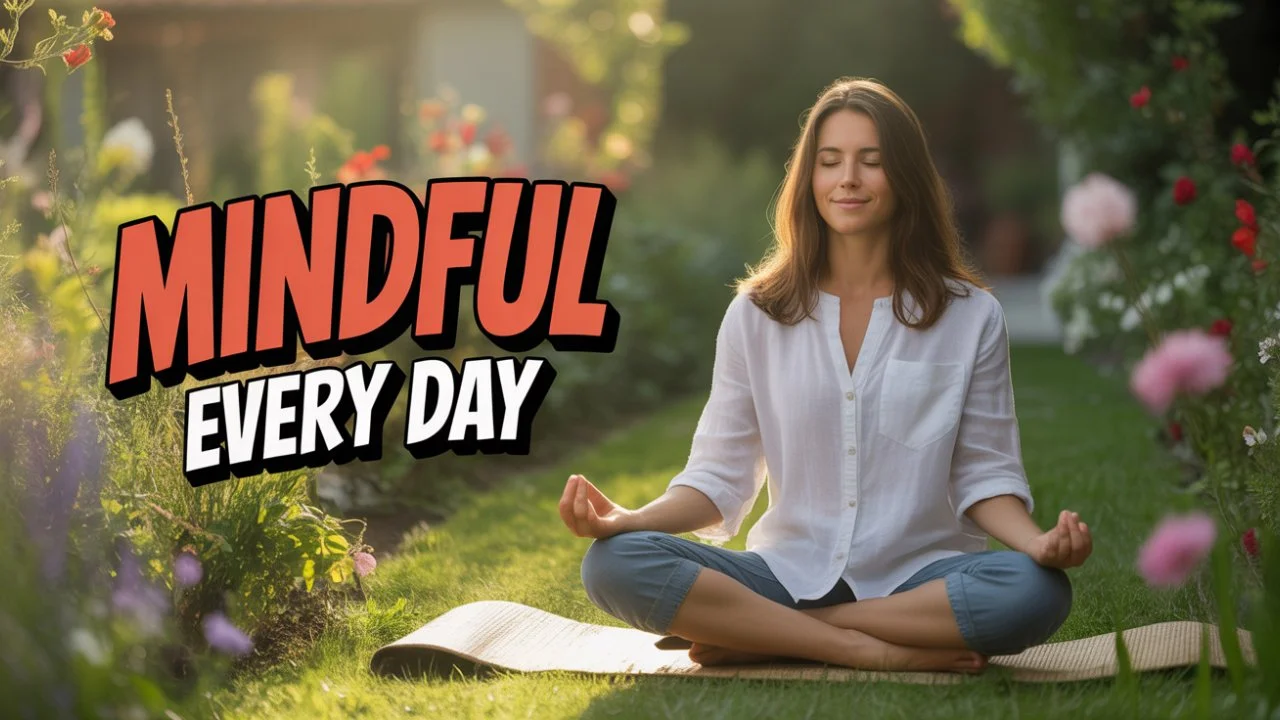
Practise Mindfulness
-
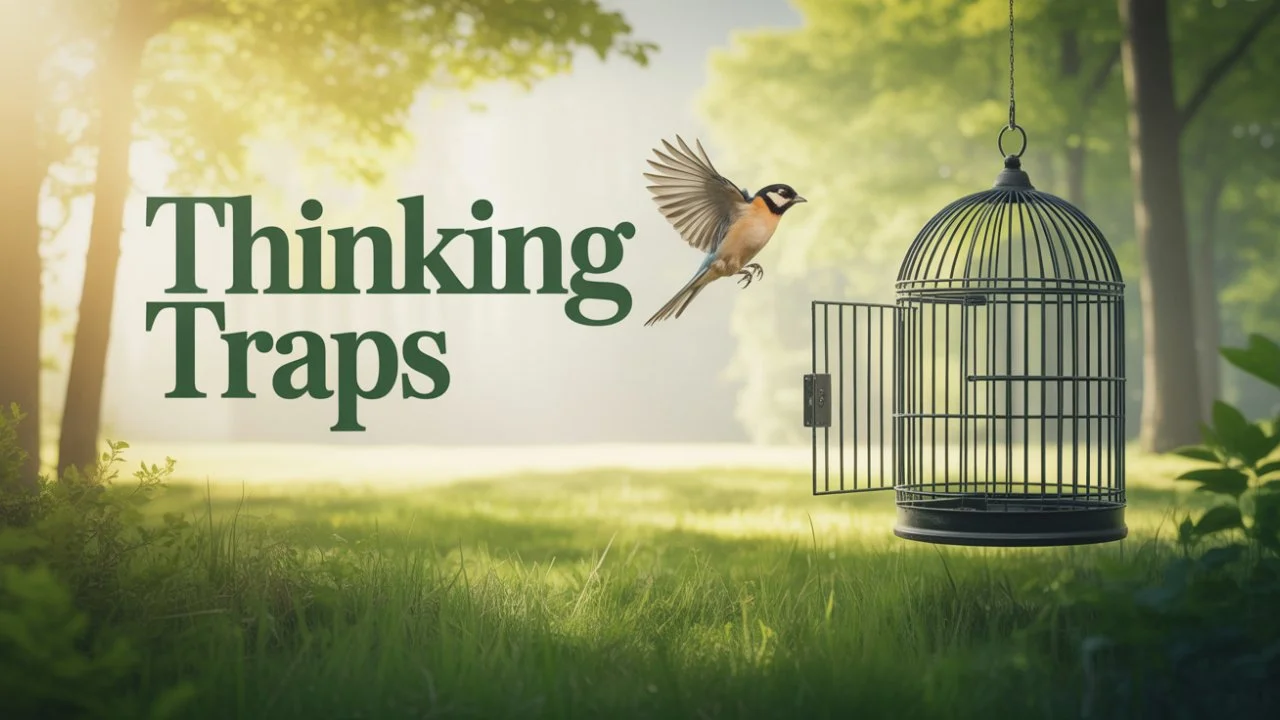
Identify Thinking Traps
-

Calm Your Mind
-

Learn About Emotion
The Four Core Skill Areas
Mindfulness – staying present instead of getting lost in your head.
Emotion Regulation – learning to understand and balance your feelings.
Distress Tolerance – handling tough moments without making things worse.
Interpersonal Effectiveness – improving relationships, boundaries, and communication.
1
The Benefits
Practical: Easy to learn, use anywhere, anytime.
Flexible: Works for anxiety, depression, trauma, stress, or just everyday life challenges.
Proven: Backed by decades of research with strong results across many conditions.
Sustainable: Skills stay with you for life - you don’t unlearn them.
Think of DBT as mental health cross-training. Instead of working on one muscle group, you build strength in all the areas that matter - so you can handle whatever life throws at you.
Our Integrative DBT-Based Online Program takes this science further.
We’ve designed a monthly, rotating structure of 4 core modules, so you’re never stuck in one area for too long, and you build skills in a natural, cyclical rhythm:
Mindfulness & Awareness
Learn to anchor your attention, step out of autopilot, and create space between emotions and reactions.
2
Emotion
Regulation
Build practical tools to understand, manage, and shift intense emotions without losing control.
3
Distress
Tolerance
Develop strategies for getting through crises without making things worse.
4
Interpersonal Effectiveness
Strengthen boundaries, communication, and connection while reducing conflict and guilt.
Every month you revisit these modules, deepening mastery, reinforcing progress, and adapting skills to your real-world challenges.
This is learning that grows with you, not a one-and-done fix.
-
Clear, practical language; not confusing psychology speak
This approach uses everyday language to explain complex emotional patterns, so it's easy to understand what’s happening and why. When things make sense, it becomes easier to take meaningful action. You won’t get lost in jargon. You’ll get clarity, insight, and tools that stick.
-
Support without labels, judgment, or diagnostic pressure
You don’t need a diagnosis to deserve help. This is a space to explore what you’re going through without being reduced to a label. The focus is on building understanding and skills; not assigning blame or boxing people into clinical categories. That kind of clarity leads to confidence, not confusion.
-
Grounded, real-world tools; not vague self-help advice
The line “just be positive” or “manifest your reality” doesn’t belong in effective coaching or therapy. Instead, you’ll learn practical strategies based on decades of psychological research. These tools are taught with explanation and purpose; so you know not just what to do, but why it works. That knowledge helps you take ownership of your mental health and apply it to real-life situations, day after day.
Components
Evidence-based programs have a beginning, middle and an end. This process is one of the key elements to building a skill base to improve your mental health.
Health programs should be a personalised roadmap yet designed on a foundation of research-backed tools.
Bionovi programs are designed to help you learn the most effective tools whilst gaining a perspective about how these strategies fit together to facilitate long-time change, rather than being a quick fix.
-
Learn how to understand, name, and manage emotions—without shutting them down or letting them take over. Build inner steadiness, even in stressful or triggering moments.
-
Develop strategies to manage distraction, complete tasks, and stay organised. Whether it’s ADHD-style patterns or just constant mental clutter, you'll build habits that work with your brain, not against it.
-
Understand emotional triggers and patterns in relationships so you can communicate clearly, set boundaries, and repair trust. Learn the skills that support real connection, not just conflict avoidance.
-
Gain tools to calm a racing mind, break out of the stress loop, and build better rest and recovery. Understand how the nervous system works—and how to settle it.
-
Get support to navigate the deeper struggles—whether it’s losing someone or losing a sense of self. Explore sexuality, gender, values, and meaning with care and respect.
-
Clarify what matters in your work, manage pressure, and handle interpersonal tension or conflict. Learn tools that help you focus, lead, and cope with the emotional demands of high-functioning roles.
What to Expect From Your First Session
Clarity. Strategy. A personalised plan forward.
Booking your first online assessment isn’t just about telling your story, it's about making sense of it. The initial 50-minute session is a structured, collaborative conversation where you can talk to a qualified mental health professional will help you:
-
Spot the cycles, triggers, and behaviours that keep showing up—emotionally, mentally, or in relationships. Understanding what’s happening is the first step toward changing it.
-
Explore how thoughts, emotions, past experiences, and social dynamics interact to shape your current challenges. Gain clarity on the “why” beneath the surface.
-
Define what you actually want to shift—whether it’s how you feel, how you act, or how you connect. No vague “self-improvement”—just clear, achievable focus areas.
-
Leave the session with a written outline of your next steps, including options for coaching, skills programs, or self-paced support. No guesswork, just guidance.
-
Get access to online modules, a guided reflection workbook, and practices tailored to your needs. Tools you can return to, anytime—on your own terms.
Standard Therapy
vs
Bionovi Mental Health
What works, clearly delivered.
No distractions, no fluff.
Standard Therapy
Fixed appointment times
🚗 Travel, parking, waiting rooms
📆 Often open-ended, week by week
🗂️ Clinical or diagnostic focus
🧾 Often requires referral or long waitlists
🧘♂️ Little integration between sessions
💬 Mostly talk-based
Bionovi Mental Health
🖥️ Flexible online scheduling
🛋️ Access from home or anywhere
📍 Structured roadmap with goals and outcomes
🧭 Coaching model focused on skill-building and empowerment
⚡ Direct booking; no referral needed
🔄 Access to self-paced modules, guided practices & workbooks
🔧 Practical, action-oriented tools with reflection and support
🎯 Outcomes You Can Expect
Greater emotional clarity and control
More effective communication in relationships
Increased focus, motivation, and organisation
Improved sleep, boundaries, and self-care habits
Confidence to navigate change, identity shifts, or burnout
A sense of direction that aligns with your values
The goal isn’t about fixing. The goal is to support you with tools, insight, and structure.
YOU can lead YOUR life with more calm, clarity, and confidence, starting today.
👉 Book Your Initial Online Assessment

